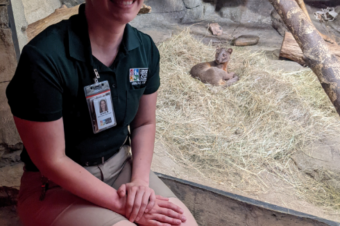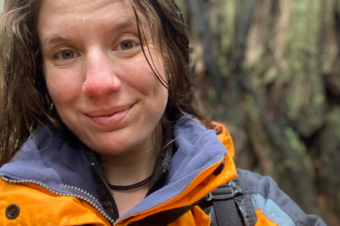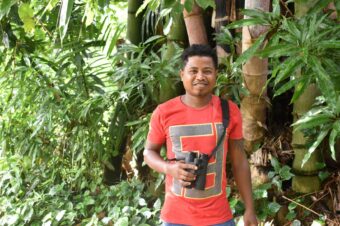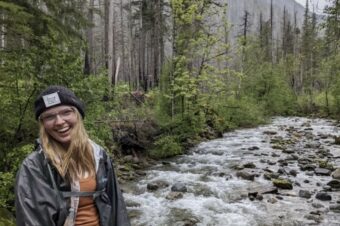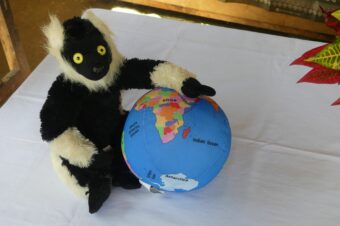Our innovative community-based reforestation project in Kianjavato, Madagascar has an objective to protect and expand the local forests while raising the standard of living for thousands of people. We have been able to make major progress on expanding our system of tree nurseries. The latest advancements are due to the hard work of our partners and staff, along with support from IUCN’s SOS – Save Our Species initiative and its partner, Fondation Segré’s Funding for Lemur Protection
Over the last several weeks, our teams have been busy constructing the brand new Ambohitsara and Morarano nurseries. The metal work for both of these nurseries have been completed and the storage sheds nearing completion. The teams have now started to revamp the Denver nursery at KAFS. We have hired two new nursery managers for Ambohitsara and Morarano this week, whom will start training at the newly operational Fotobohitra nursery. Construction of the Fotobohitra nursery was made possible through a grant by the Irwin Andrew Porter Foundation.
The new nursery managers are tasked with leading the seedling production at their nursery, which may reach more than 30,000 trees per year. They start off by germinating seeds in specialized nursery units. From there, seedlings are moved to the growing unit after being transplanted into a substrate that is equal parts sand, native soil and compost. Once the seedlings develop a strong root system, they are moved to the hardening nursery unit where they are incrementally exposed to the sun and reduced amounts of water. When the seedlings are ready, they will be moved to their permanent place in a corridor that will reconnect the remaining forest fragments and the wildlife within.
Seedling production is quite a process, but our system of satellite nurseries will continue to make significant improvements. We have a goal to plant more than 300,000 trees this year, which will help not only the long-term reforestation effort and the local people, but also the most threatened group of mammals in the world, the lemurs.












